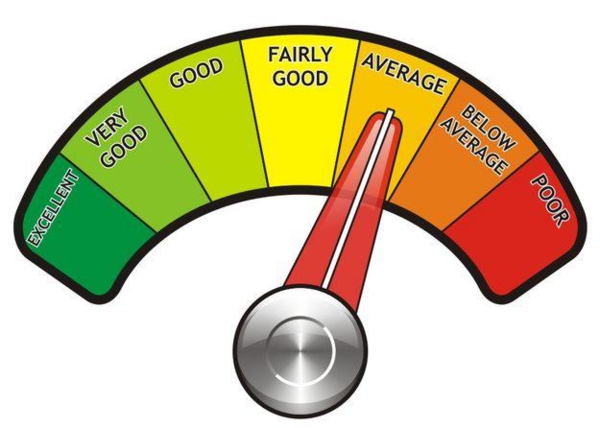Unlike trade credit, there is nothing you can do to prevent arrears on an account. Until a monthly instalment has not been paid you have no way of spotting a possible delinquent payer. But what you can do is act swiftly and decisively when non-payment happens. Assuming the monthly instalment is large enough, contact should be made by telephone, and otherwise a letter should be sent. The first contact must be on the day you first become aware a payment is late, you must try to discover the reason for non-payment, and if there is none the borrower must be told firmly but politely:
- there’s been a lapse in payment
- what he or she must do to rectify the problem
- the time-scale they have
- to re-confirm their obligations under the terms of the agreement
It could be the error is not theirs but the bank’s, or perhaps their salary was a little late being transferred, so whilst a hint of firmness will still be required, politeness is essential. If they fail to correct the default, in the time allowed you must:
- contact them again using stronger terms
- inform them of the consequences if they fail to pay this time
What you must do next
If the borrower continues to ignore your requests for payment you must terminate the agreement and repossess your goods. In some instances this may only be done by obtaining a court order.
Early repayment
The Consumer Credit Act stipulates that if a customer wishes to repay an agreement earlier than the contracted period they may do so, and a rebate of the interest charges is to be given. The same applies to those agreements terminated by default. This is a simple formula which can be used for contracts with either equal or unequal payments and/or intervals. To allow finance houses to recoup their setting-up costs the rebate may be calculated with delayed settlement of either:
- two months for all agreements up to five years’ duration
- or one month for those agreements of more than five years
Terminating Agreements
Enforced termination should only be considered when all other collection efforts have been exhausted. Repossession of goods cannot take place until the agreement has been properly terminated. Under the terms of the Consumer Credit Act the procedures outlined below must be undertaken to safeguard the borrower from unscrupulous traders. In the likelihood that litigation will follow the termination of an agreement the court will require you to provide copy notices confirming that you followed the correct termination procedures.
Issuing a notice of default
Although a private individual may have received oral and written notification of arrears it is normal to issue a notice of default upon the customer, prior to termination. This notice gives a formal warning of your intention to terminate their agreement with you in seven days if the arrears are not paid.
Accuracy
It is essential that the utmost care is taken in producing default and termination notices. The customer’s account needs to be reconciled, and the correct data transmitted to the defaulter. Failure to take these basic precautionary steps can lead to any action being successfully defended.
Notice of termination
You are legally required under the terms of the Consumer Credit Act to terminate all regulated agreements prior to repossessing your property. The only exception is where the property has been voluntarily surrendered. Ten clear days should be allowed following despatch of the termination letter; this will allow ample time for delivery of the notice, as the borrower is entitled to seven clear days following receipt of the notice to pay the outstanding arrears
Approval to terminate
Termination of agreements must be approved by a responsible person in your firm. The authority for approving termination should be laid down in your credit policy document.
Transferring agreements
You may from time to time be asked to transfer an agreement from one party to another. This will be more relevant in transactions where the agreement is in respect of business equipment, and the owner of the business no longer requires the equipment or perhaps the business has been sold and the new owner wishes to continue using the equipment rented. In all such cases the request should be dealt with in the same manner as you would any new business application.
Susan writes the Global Tax Reclaim blog and website.





